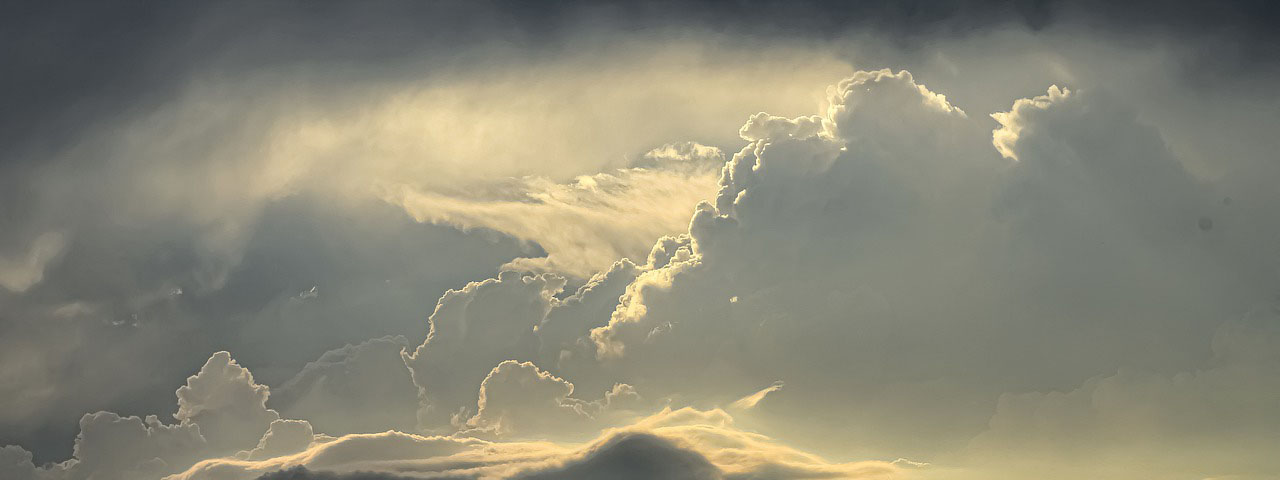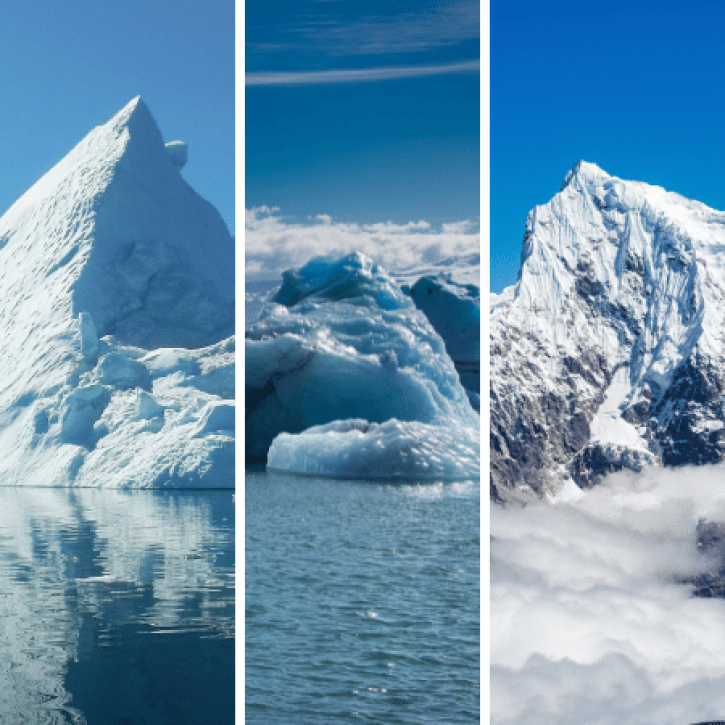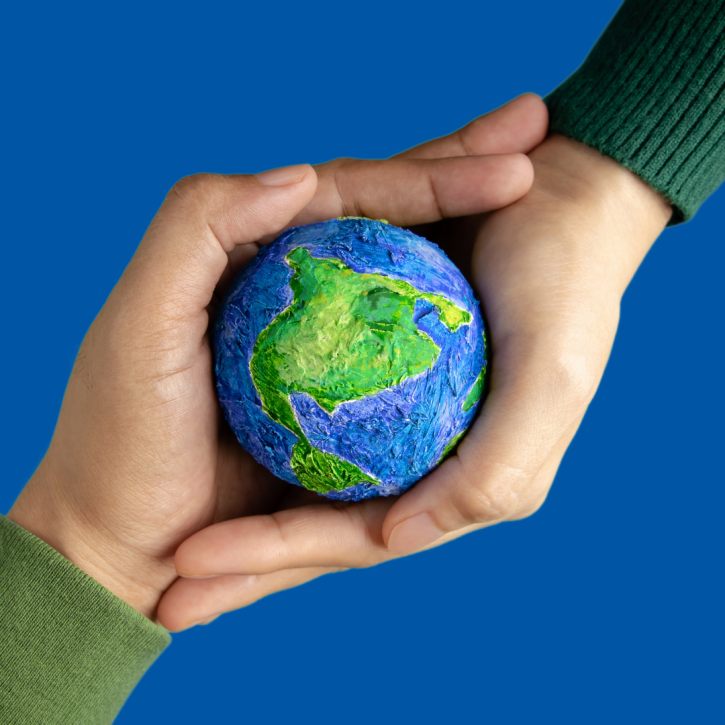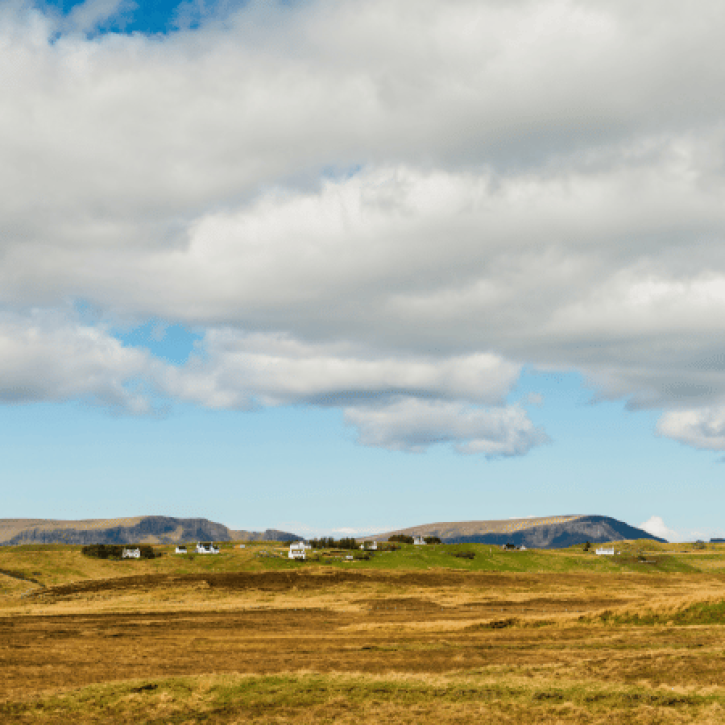

VIRTUAL MEETING | Improving Atmospheric Reconstructions For Historical Extreme Events
LOCATION
UPDATE: Registration has now closed.
SPEAKER: Prof Ed Hawkins, Research Scientist/ Professor of Climate Science, NCAS/ University of Reading
BIOGRAPHY: Ed Hawkins is a climate scientist within the National Centre for Atmospheric Science at the University of Reading. His research focuses on understanding past variations in weather and climate and in predicting the climate of the next few decades. He is a Lead Author for IPCC AR6.
ABSTRACT: Our understanding of past changes in weather and climate rely on the availability of observations made over many decades. However, billions of historical weather observations are effectively lost to science as they are still only available in their original paper form in various archives around the world. The large-scale digitisation of these observations would substantially improve atmospheric circulation reconstructions back to the 1850s. Recently, volunteer citizen scientists have been assisting with the rescue of millions of these lost observations taken across western Europe over a hundred years ago. The value of these data for understanding many notable and extreme weather events will be demonstrated.
This was a 45-minute talk followed by a 15 minute Q&A. The meeting was open from 18:55 pm for attendees to join and the event started promptly at 19:00pm.
VIRTUAL MEETING | Improving Atmospheric Reconstructions For Historical Extreme Events | Recording
UPDATE: Registration has now closed.
SPEAKER: Prof Ed Hawkins, Research Scientist/ Professor of Climate Science, NCAS/ University of Reading
BIOGRAPHY: Ed Hawkins is a climate scientist within the National Centre for Atmospheric Science at the University of Reading. His research focuses on understanding past variations in weather and climate and in predicting the climate of the next few decades. He is a Lead Author for IPCC AR6.
ABSTRACT: Our understanding of past changes in weather and climate rely on the availability of observations made over many decades. However, billions of historical weather observations are effectively lost to science as they are still only available in their original paper form in various archives around the world. The large-scale digitisation of these observations would substantially improve atmospheric circulation reconstructions back to the 1850s. Recently, volunteer citizen scientists have been assisting with the rescue of millions of these lost observations taken across western Europe over a hundred years ago. The value of these data for understanding many notable and extreme weather events will be demonstrated.
This was a 45-minute talk followed by a 15 minute Q&A. The meeting was open from 18:55 pm for attendees to join and the event started promptly at 19:00pm.





